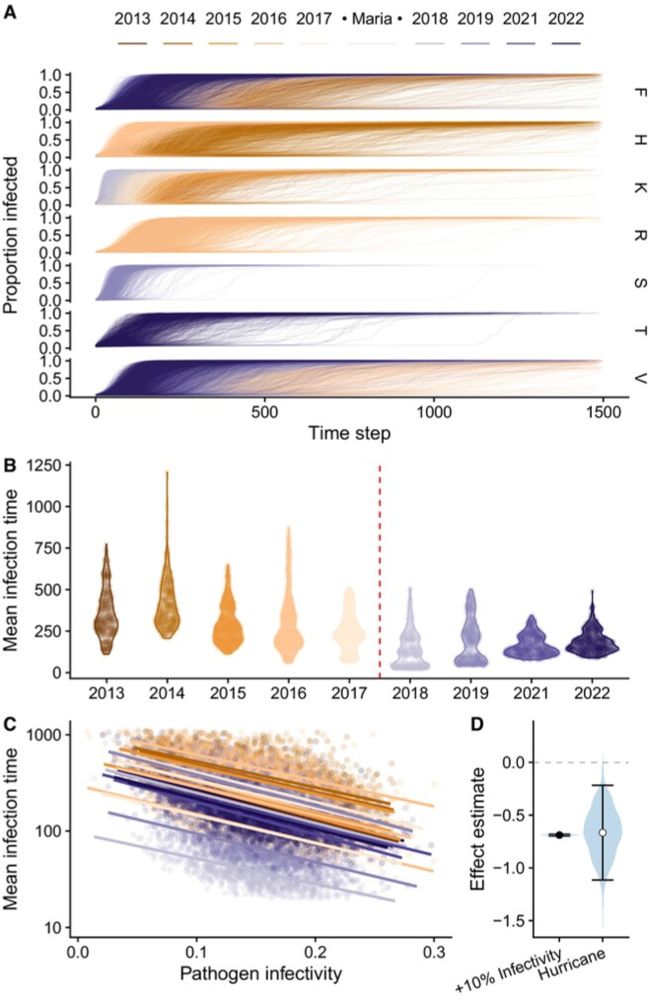
PhD student at the Max Planck Institute for Evolutionary Anthropology
doi.org/10.32942/X2Z...

doi.org/10.32942/X2Z...
We will use touchscreen experiments & eyetracking to study mental simulations in nonhuman apes & human children across different cultures.
All info here: www.eva.mpg.de/career/posit...
Please share / apply!🙏

We will use touchscreen experiments & eyetracking to study mental simulations in nonhuman apes & human children across different cultures.
All info here: www.eva.mpg.de/career/posit...
Please share / apply!🙏
Historical records across thousands of women showed that mothers with more children had shorter lifespans during a famine, fitting an evolutionary explanation for why we age
@hannahdugdale.bsky.social
@lummaalab.bsky.social
@erikpostma.bsky.social

Historical records across thousands of women showed that mothers with more children had shorter lifespans during a famine, fitting an evolutionary explanation for why we age
@hannahdugdale.bsky.social
@lummaalab.bsky.social
@erikpostma.bsky.social
Out now in Science, my PhD work with @lindymcbr.bsky.social uncovers the ancient origin of the “London Underground mosquito” – one of the most iconic examples of urban adaptation.
🧵(1/n)
@science.org
www.science.org/doi/10.1126/science.ady4515

Out now in Science, my PhD work with @lindymcbr.bsky.social uncovers the ancient origin of the “London Underground mosquito” – one of the most iconic examples of urban adaptation.
🧵(1/n)
@science.org
www.science.org/doi/10.1126/science.ady4515
However, I'm dismayed at what her narrative leaves out (1/10)

However, I'm dismayed at what her narrative leaves out (1/10)
It features our genetic study from 2022 (https://www.nature.com/articles/s41586-022-05247-2), with prominent interviews of lead authors Joscha Gretzinger and […]
It features our genetic study from 2022 (https://www.nature.com/articles/s41586-022-05247-2), with prominent interviews of lead authors Joscha Gretzinger and […]

doi.org/10.1101/2025...

doi.org/10.1101/2025...
www.eva.mpg.de/events/2025-...

www.eva.mpg.de/events/2025-...

www.nature.com/articles/s41...
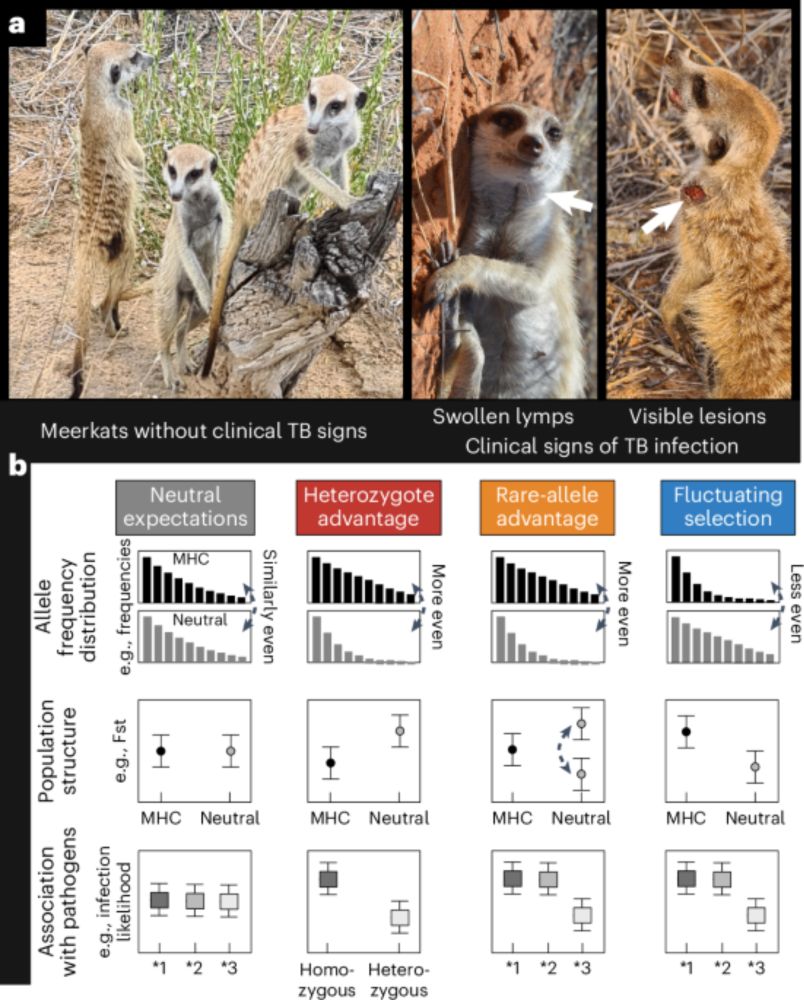
www.nature.com/articles/s41...
Attending our 1st conference #ESEB2025 as a family with our 10mo baby.
I am disappointed with the organization for not providing childcare for <3yo babies.
Academia should do better for the ✨inclusivity✨ of (lactant) mothers.
See you in P03.148 on thursday!
Claudia Fontsere — Poster P03.148 (Thu)
From almost extinct to rescued? Temporal dynamics of genomic erosion after demographic recovery


Attending our 1st conference #ESEB2025 as a family with our 10mo baby.
I am disappointed with the organization for not providing childcare for <3yo babies.
Academia should do better for the ✨inclusivity✨ of (lactant) mothers.
See you in P03.148 on thursday!
Genetic continuity over 5000 years, but some Bronze Age gene flow and urban outliers since Antiquity - including some with artificially deformed skulls 💀 linked by IBD segments to Asian nomads.
#aDNA #PopGen
www.cell.com/cell/fulltex...
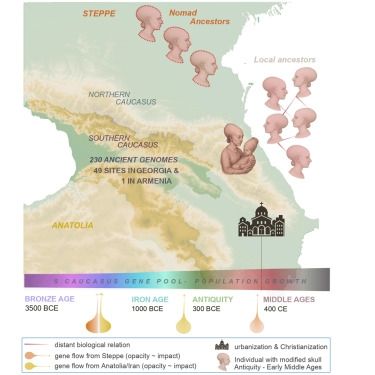
Genetic continuity over 5000 years, but some Bronze Age gene flow and urban outliers since Antiquity - including some with artificially deformed skulls 💀 linked by IBD segments to Asian nomads.
#aDNA #PopGen
www.cell.com/cell/fulltex...
...and exhibit priority of access to resources over these males
Article: https://www.sciencedirect.com/science/article/pii/S0960982225008723
Press release:
https://www.mpg.de/25119311/0730-evan-it-s-not-just-about-size-150495-x
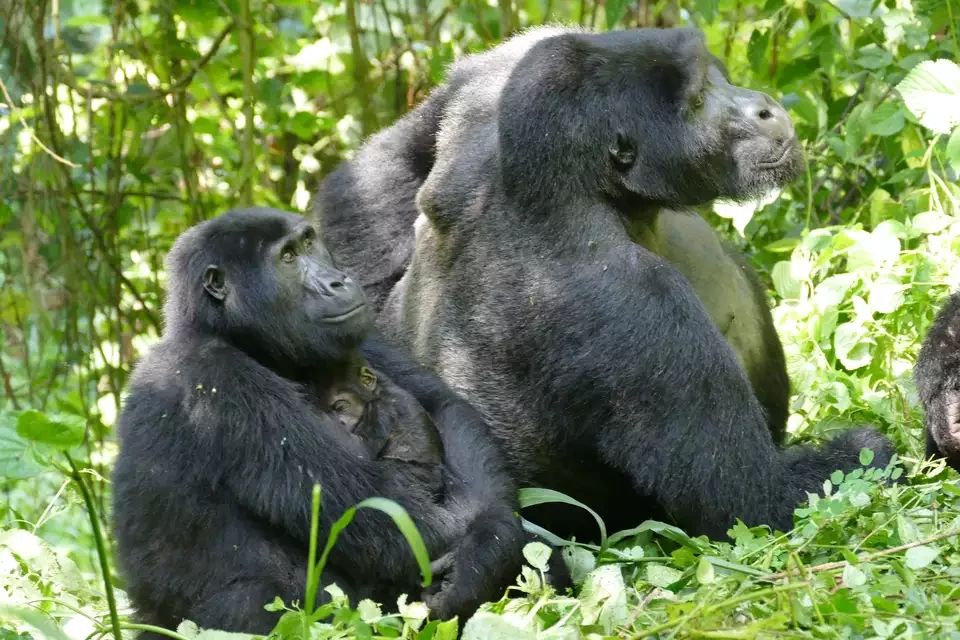
...and exhibit priority of access to resources over these males
Article: https://www.sciencedirect.com/science/article/pii/S0960982225008723
Press release:
https://www.mpg.de/25119311/0730-evan-it-s-not-just-about-size-150495-x

🐒🦧🦍
#ips2025 #ipsmadagascar #ipsmadagascar2025
@psicologiaub.bsky.social @ub.edu @ubneuro.bsky.social @janegoodallespana.bsky.social #unibarcelona


🐒🦧🦍
#ips2025 #ipsmadagascar #ipsmadagascar2025
@psicologiaub.bsky.social @ub.edu @ubneuro.bsky.social @janegoodallespana.bsky.social #unibarcelona
www.nature.com/articles/s41...
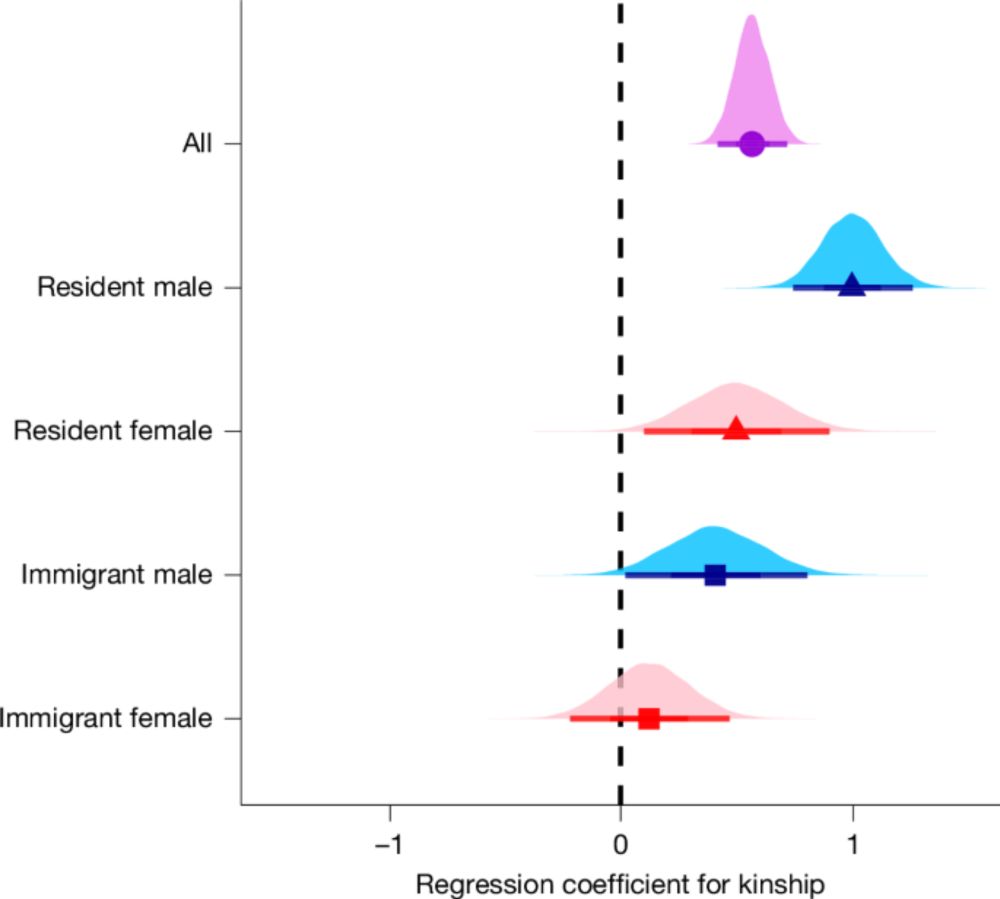
www.nature.com/articles/s41...
#SciSky
www.biorxiv.org/content/10.1...
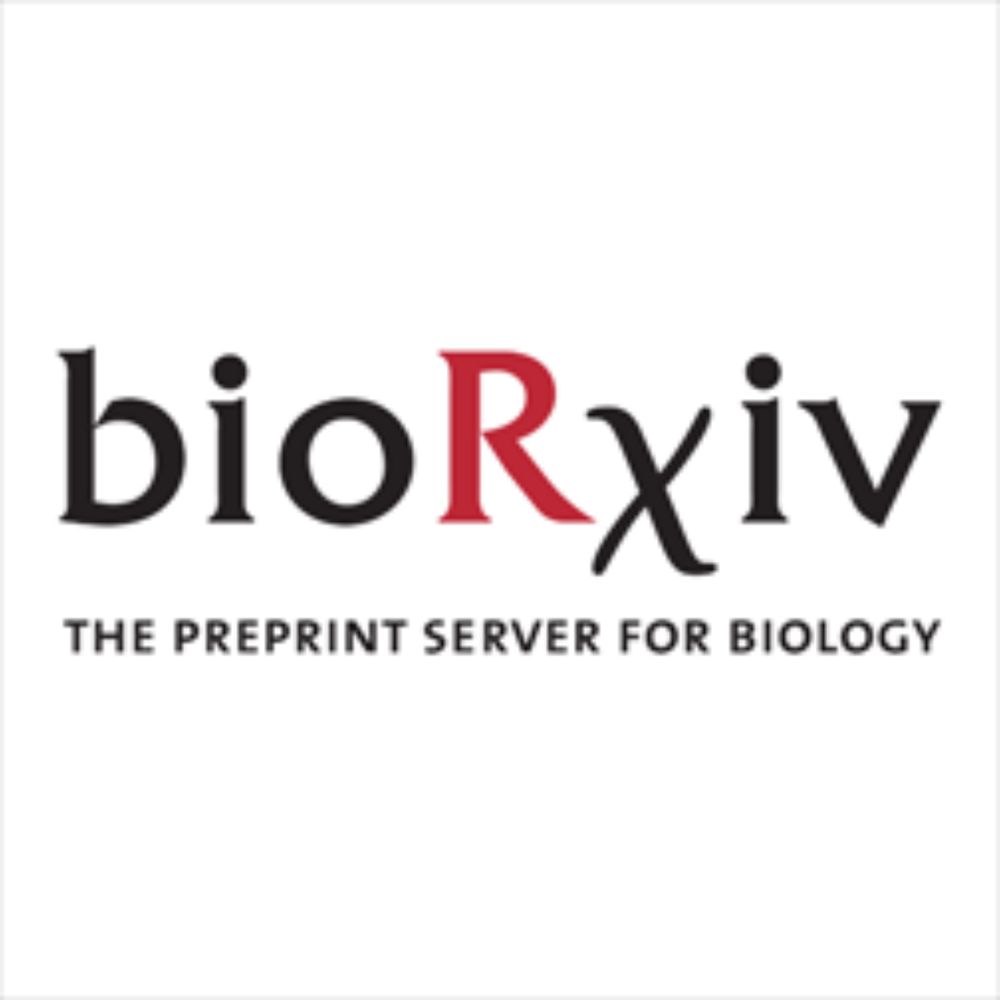
#SciSky
www.biorxiv.org/content/10.1...

Interested in working on the evolution of genetic architecture 🧬 of complex traits using linked-read sequencing of thousands of common lizards 🦎 from a wild population and common garden experiment?
#evolution #genetics
Well, I have a PhD offer for you 👇
devillemereuil.legtux.org/erc-funded-p...
Interested in working on the evolution of genetic architecture 🧬 of complex traits using linked-read sequencing of thousands of common lizards 🦎 from a wild population and common garden experiment?
#evolution #genetics
Well, I have a PhD offer for you 👇
devillemereuil.legtux.org/erc-funded-p...
